April 2022 Iris Malawi Update
A cyclone is a system of winds rotating inwards to an area of low barometric pressure. We have experienced two significant cyclones over the last three months. The first one was called Ana, and she arrived on January 24th, damaging roads and houses, and leaving 190,000 people displaced. We experienced strong winds and heavy rain on the Iris base and woke to discover that the only road between Bangula and Blantyre had been severed in multiple places and that electricity would be out for an indefinite time - which turned out to be two weeks.
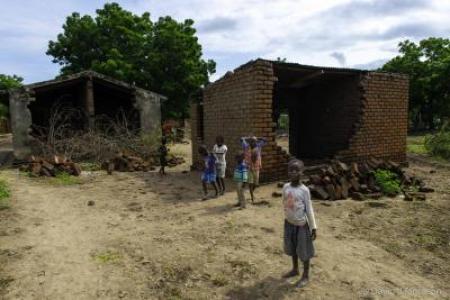
[Damaged homes caused by heavy winds and rainfall.]
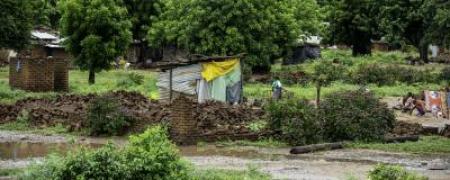
[239,536 people were displaced.]
As people started arriving in Bangula by boat and on foot with what little they could carry, other NGOs could not get through with their emergency supplies. Through God’s incredible timed provision we had just received a container full of MannaPack fortified rice meals. We were able to provide immediate food assistance to those in the camps. As our team distributed food, they saw that the little ones were in danger of not receiving what they needed. Pastor Ali and his team decided to provide a cooked lunch for the children on the days when food was not available in the camp. Imagine serving up to 2,000 children with any semblance of order! This feeding program continued for eight weeks while the villages dried out.
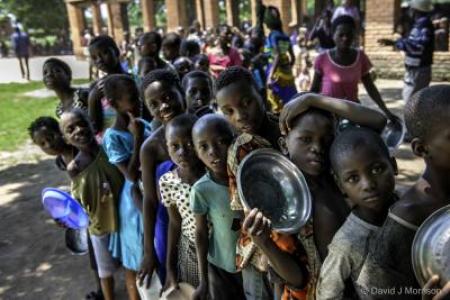
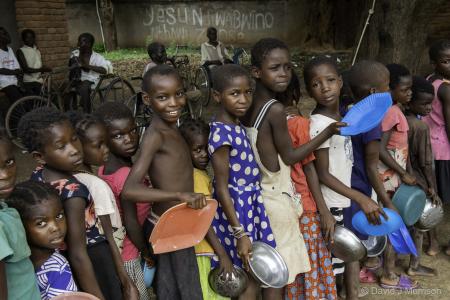
[Children from the Bangula camp receiving lunch at Iris.]
Another major challenge for those who arrived in Bangula was clean water. Again, God provided. We had just finished drilling a new well to increase our water capacity. We were able to provide 20,000L/day to the camp. When another NGO was able to get through, they supported us in this program.
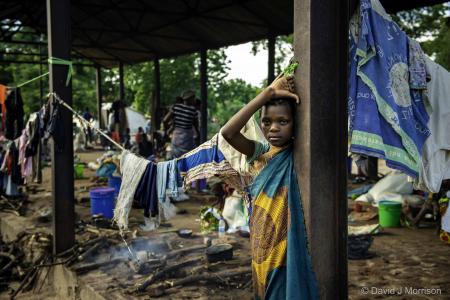
[Child at her family’s allocated space at the Bangula Displacement Camp.]
Many of those who were displaced came from fishing villages on both sides of the Shire River, including both Mozambicans and Malawians. They grow crops in the fertile soil near the river and eat fish from the same. Though some have been relocated in the past, their way of life depends on the river, and they are not keen to leave it. Of course, many families in Bangula living in mudbrick houses experienced the devastation of their homes. Perhaps the hardest loss of all was the crops, already planted, and well on their way to producing a harvest. Hunger is always present in January and February, but it will be with us much longer this year. Farmers are putting their hope in winter cropping, which will be harvested in August.
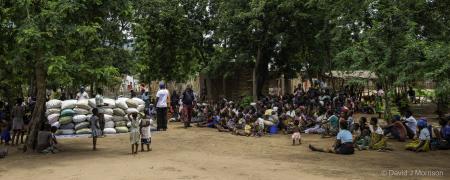
[Distributing maize to flood victims in Nsanje.]
Cyclone Gombe arrived on March 11th, taking a final swipe at villagers while they were down. Small streams became giant rivers. The Thangazi River (just a kilometer from our base) is usually a dry riverbed, and it became a roaring torrent. Where rivers were silted up from the first cyclone, water and sand poured into surrounding fields, creating havoc, and destroying arable land. Bridges were weakened when the flood surge pushed away soil and rocks where the bridges join the road. Sorgin bridge over the Lalanje River became impassable so we were cut off again.
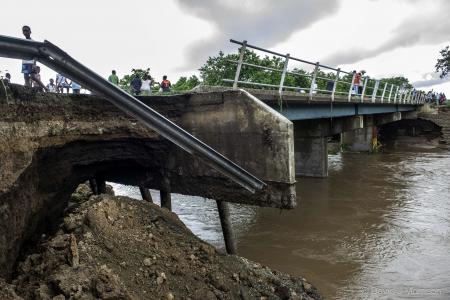
[The main M1 highway bridge over the Lalanje River at Sorgin Village was severely damaged during Cyclone Gombe when water levels engulfed the bridge.]
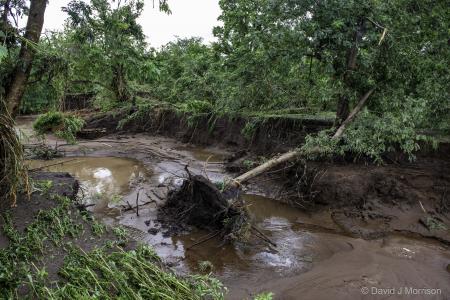
[Water runoff cut through the land uprooting trees and everything else in its path.]
Food distribution continued, and we were able to add maize seed for winter cropping in the weeks to come. We are so thankful for generous hearts all over the world who saw the devastation and asked how they could help. We will also be able to help with rebuilding some homes and churches with designated flood relief funding.
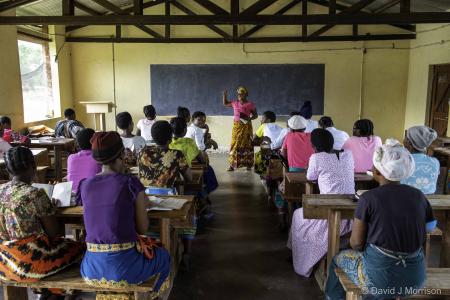
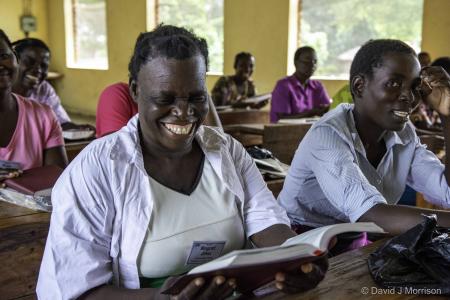
[Women attending Iris Bible School during March and April 2022.]
On the heels of the second cyclone, our Iris Malawi Bible School hosted a class for women from all over Malawi. Though their travels were very challenging, and some arrived late into the night, their fervour was not diminished. We had an excellent four weeks of learning, praying, and singing. An added benefit for these women is that they could rest, likely for the first time in their lives, and take a much-needed break from cooking, cleaning, carrying firewood, fetching water, going to the field, and often running a business on the side. These women returned home to many challenges, but they were refreshed and ready.
Being cut off is not a pleasant feeling. We experienced this during covid when flights out of Malawi were not available. Not being able to reach family if we were needed was a source of some stress. This second season of being cut off also meant we could not restock groceries or visit friends in Blantyre. Thankfully the road opened for me to attend several farewell parties. Two good friends have left Malawi recently, and I reflect on both the joy of knowing them and the sorrow of saying goodbye.
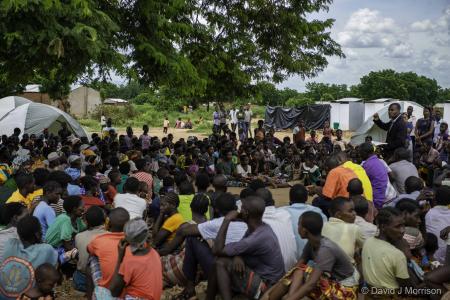
[Sharing the hope we have in Jesus Christ at one of the 67 camps established for displaced flood victims.]
Cyclones have devasted the landscape and given us many opportunities to demonstrate God’s love and sow seeds of hope. Our hearts have also seen some high winds, as we come alongside those who suffer year after year, as we struggle to remain hopeful and not give up. I am thankful that God is not surprised by cyclones. In a way, the landscape of suffering creates space for relationship and connectedness. We need each other more and more.
